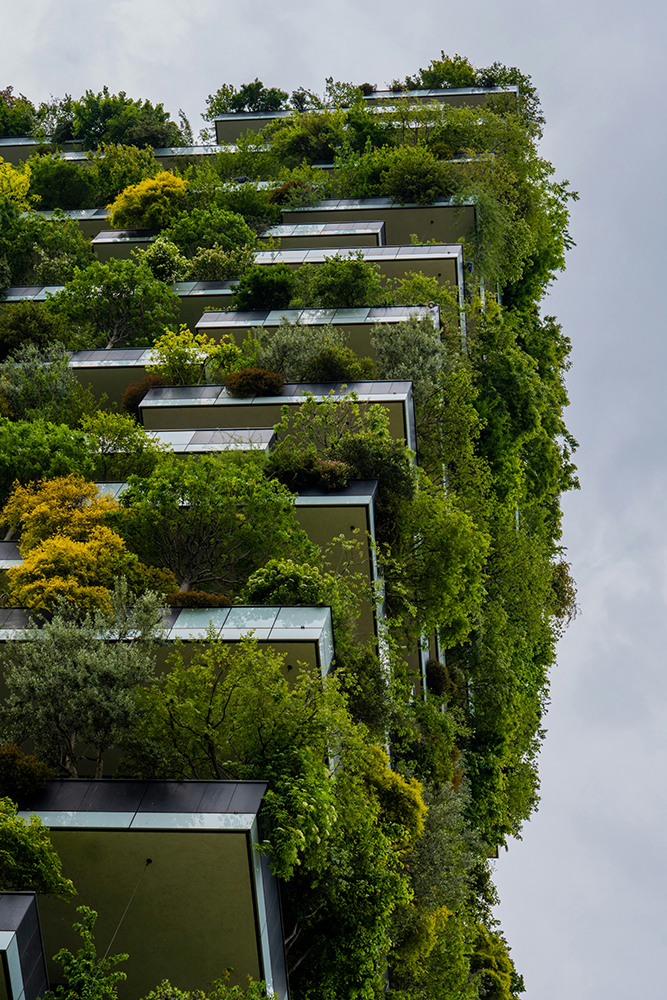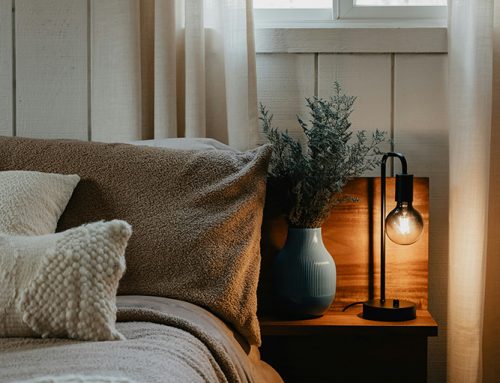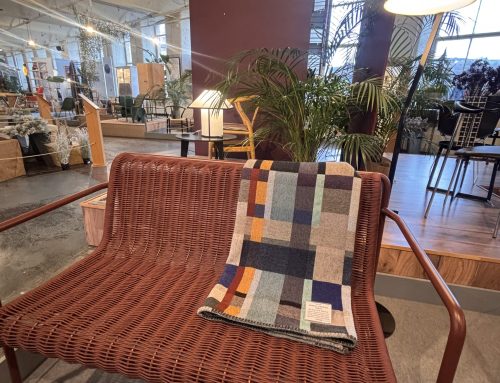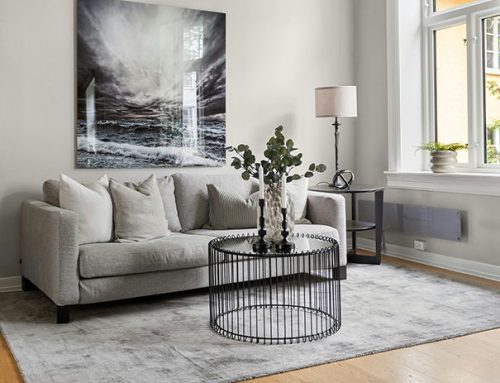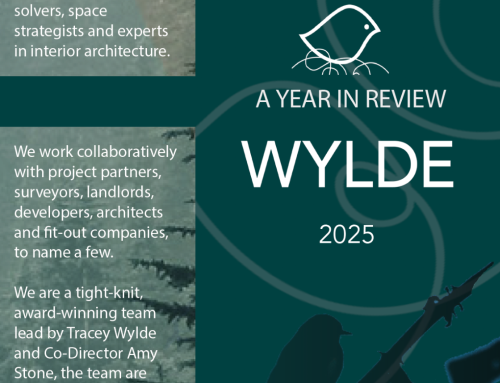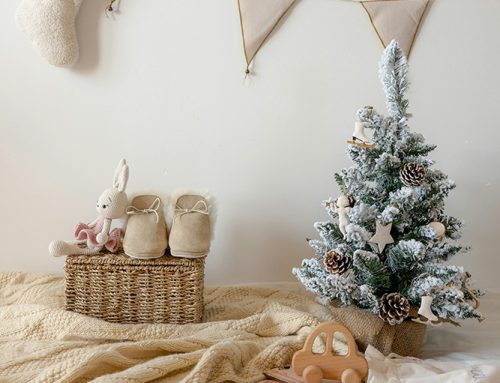As the world turns its attention to COP30, the conversation around “green skills” has never felt more relevant – especially within the interior design and architecture industry. While much of the global focus is on energy, transport and large-scale infrastructure, the spaces we design and build every day also play a crucial role in shaping a more sustainable future. At Wylde, “green skills” aren’t a trend or a box-ticking exercise but are embedded in how we work, what we specify and the decisions we make on behalf of our clients.
For us, green skills begin with understanding the full lifecycle of the materials and products we bring into a space. We actively prioritise recycling, reusing and adapting wherever possible, always asking whether something can be re-imagined before it is replaced. This not only reduces waste but also encourages creativity, giving existing elements a new life in fresh and unexpected ways. When new materials are required, we look first to local suppliers. Supporting regional manufacturers and craftspeople reduces carbon emissions associated with transport and helps sustain local economies, while often allowing us to work more collaboratively and transparently.
Our environmental impact is something we examine at every stage of a project, from the earliest concept to the final installation. This includes careful thought about durability, responsible sourcing, carefully considered design principles and ensuring that spaces can adapt over time rather than being stripped out and rebuilt. By integrating these practices into our everyday process, green skills become part of the core and heart of the design rather than an add-on.
Looking to the future, we hope to see the wider industry embracing these values more consistently and with some sort of urgency too. There is so much potential for interior design and architecture to lead by example- through broader adoption of circular material streams, more investment in sustainable innovation, and a stronger commitment to local, low-impact supply chains. Collaboration is and will still be key, not only between designers and manufacturers but across entire project teams. With shared accountability, we believe we could see a shift from isolated good practice to meaningful, collective progress.
As COP30 sparks global reflection on climate responsibility, we’re optimistic about the role our industry can play. At Wylde, our aim is to continue developing and applying these “green skills” and an environmentally considerate approach that make a real difference, championing choices that respect the environment and create spaces that are as responsible as they are beautiful. The future of design depends on our ability to think sustainably and we’re committed to helping shape that future, one thoughtful creative decision at a time!

